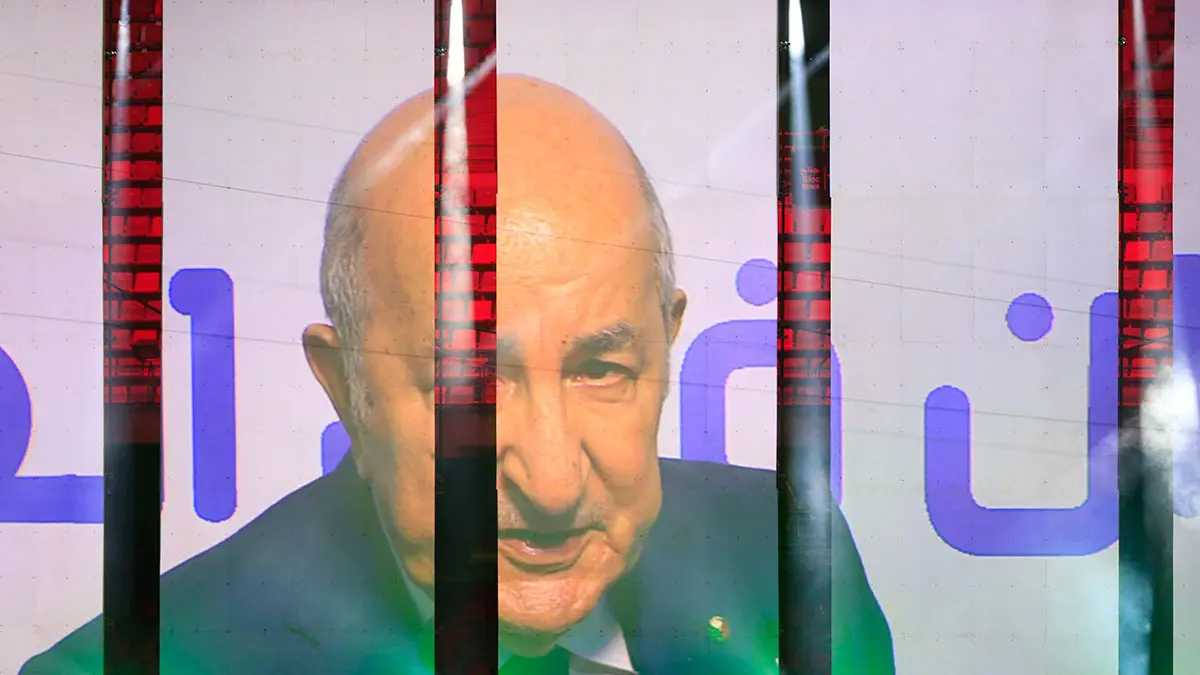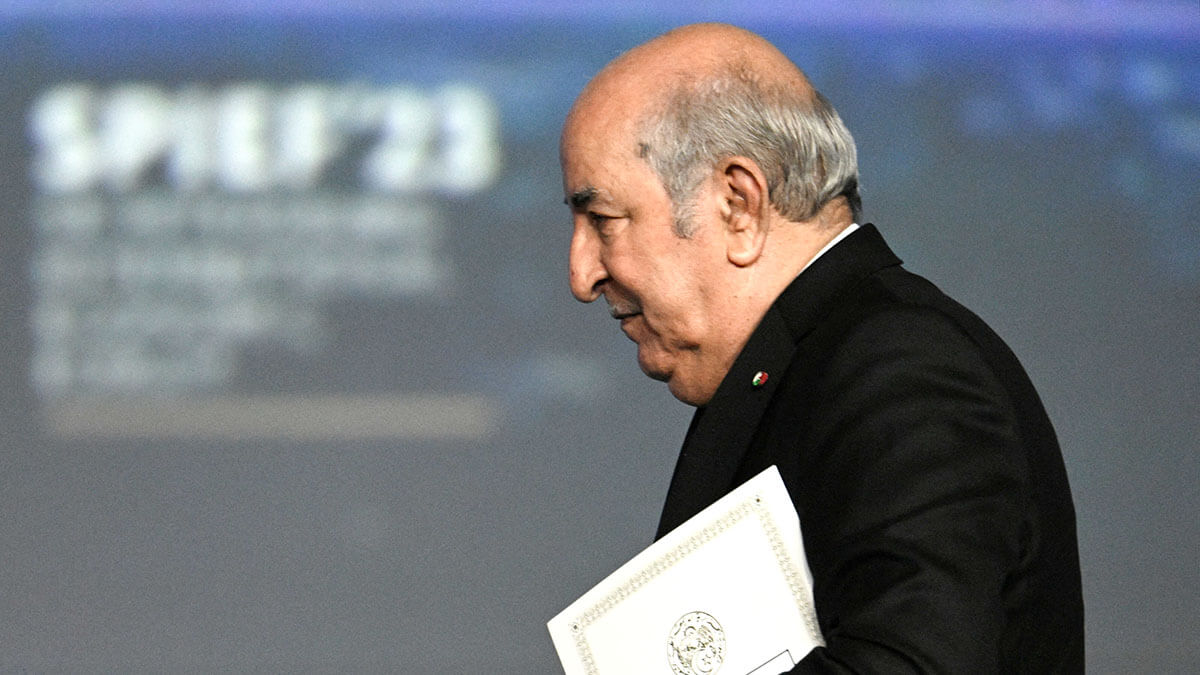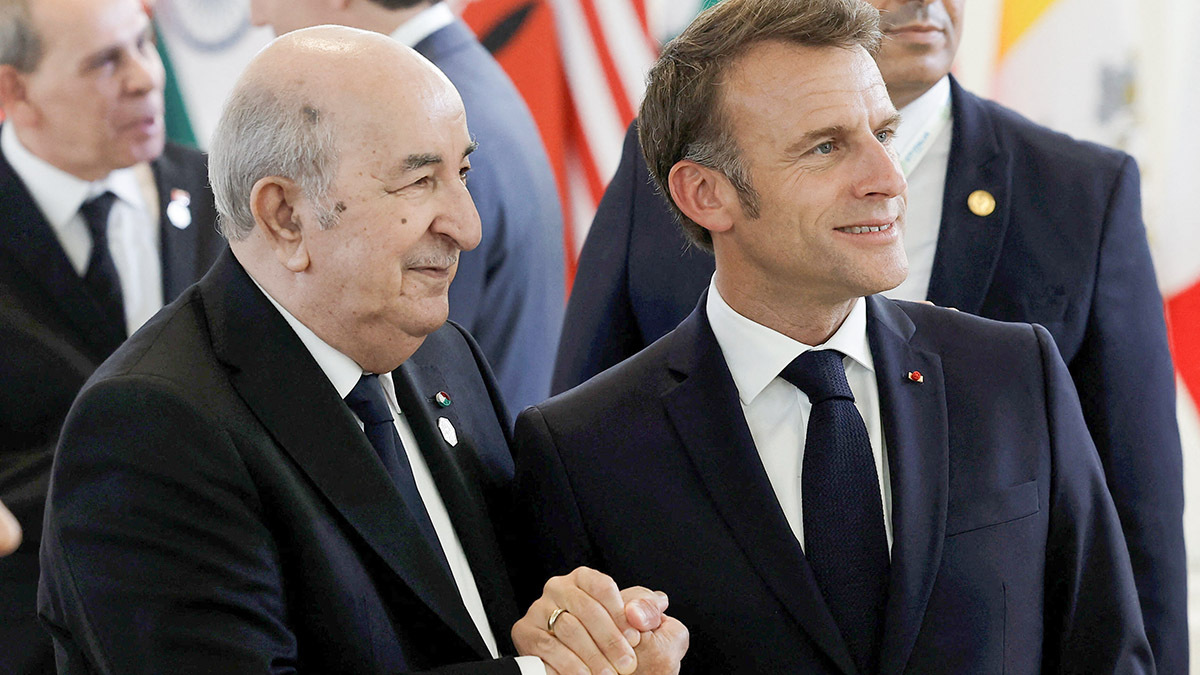Algeria seeks to defuse diplomatic crisis with France

On the eve of the 63rd anniversary of Algeria's independence, the Algerian Consulate in Nanterre has indirectly communicated, according to Al Arab, its intentions to calm the diplomatic crisis with France.
The festivities will last from 1 to 6 July with various activities such as ‘football and basketball matches, a screening of the film about Frantz Fanon (a 20th-century psychiatrist, writer and anti-colonial activist born in Martinique, who was appointed head of the psychiatric hospital in Blida during the Algerian War of Independence), conferences and debates...’, according to the Algerian media outlet Tout sur Algerie. A drawing competition for young people has even been organised to mark the anniversary.

The activities organised by the Cités 2000 association, the Algerian Consulate and the 16 October 1961 Collective are grouped under the slogan ‘Share, remember and live together’, which is interpreted as a desire to defuse the crisis between Algeria and France so that the Algerian authorities are not put in a difficult position, as pointed out by the media outlet Al-Arab.
This view is reinforced when one considers that France and Algeria have recently met on several official occasions for economic reasons. According to Le Monde Afrique, ‘some observers consider this to be the beginning of an improvement in political relations between the two countries’.
The Industrial Days in Algeria have been the scene of positive talks involving companies from both nations. The president of the Algerian-French Chamber of Commerce and Industry, Michel Bisac, was positive about the progress of economic relations: ‘The difficult diplomatic climate between the two countries affected us for a while. We felt difficulties and tensions, but the situation gradually improved.’

The diplomatic conflict between the two nations began in July 2024 when President Emmanuel Macron recognised Moroccan sovereignty over Western Sahara. As a result, relations were completely ‘frozen’, according to Foreign Minister Jean-Nöel Barrot, following the mutual expulsion of diplomatic personnel as a result of this important political decision and the diplomatic confrontation it generated.
Since then, the authorities on both sides have adopted hostile and harsh language marked by accusations and comments related to the controversial issue of colonialism.
This has been the biggest crisis Algeria has faced since gaining independence from France because the Algerian government has always clearly supported a referendum on independence for the Sahrawi people. This position clashes with Morocco's proposal, which calls for broad autonomy for Western Sahara under Moroccan sovereignty. The Moroccan formula has enjoyed significant international support in recent years, including from France, which has caused great unease within Algeria.

This situation was further aggravated by the arrest in France of Algerian influencers accused of terrorism and incitement to violence and hatred. Minister Barrot had also expressed concern about the arrest of French-Algerian writer Boualem Sansal in Algeria on political grounds.
However, experts have noted that the Algerian authorities no longer have any interest in continuing the conflict due to the losses and damage to interests that the country is facing.
The former French ambassador to Algeria, Xavier Driencourt, provided a detailed analysis of the situation in the North African country and its complex relationship with France since the 1962 Evian Accords to the present day in his book Double Blindness.
According to Driencourt, there is strong repression of press freedom and freedom of expression through police efforts to reinforce the narrative of colonial resentment. He also criticises the French decision to ignore the situation.

This narrative has reached such a point that Algeria has demanded an apology from the French authorities for 130 years of colonialism.
He also stressed that Algeria is not in a good economic or political position, having lost important allies such as the United Arab Emirates and France itself due to recent diplomatic tensions.
Driencourt therefore called on France to build a relationship that truly benefits both countries, is completely transparent and based on respect.








